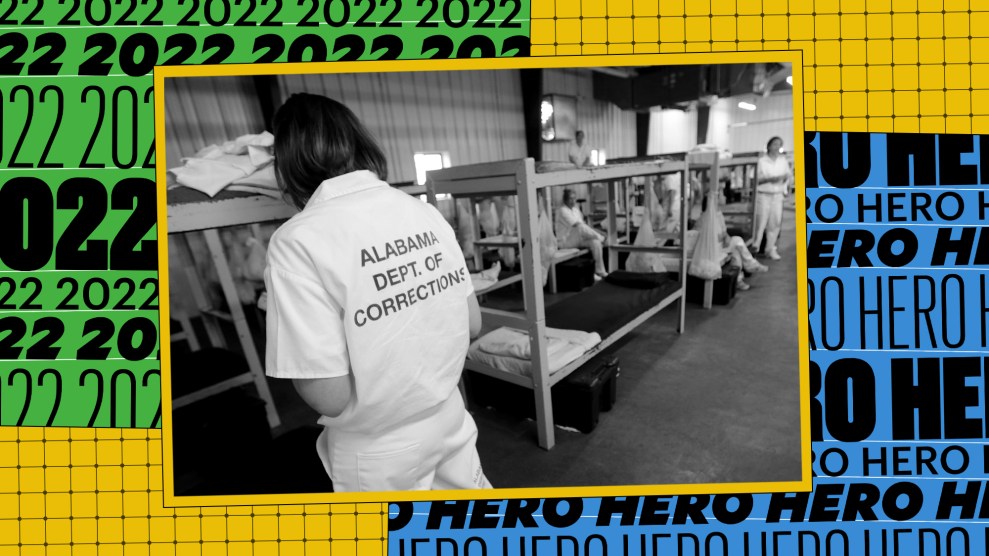When the Biden administration announced in late summer that they would be cancelling $10,000 of student debt per borrower, Americans had thoughts. Some cried tears of joy on TikTok, others went off online with assorted criticisms: The administration should cancel more debt, or less debt, or tighten relief eligibility, or loosen it, and also deal with the root cause of the problem—skyrocketing college tuition. There were plenty of smart points and some not-so-smart ones, but in politics, you really can’t please everyone.
But here’s what these critics did not do: set out to sink the entire program, which would improve the financial lives of more than 40 million people, over their personal criticisms.
Enter a small right-wing group in Texas, and the two people they drummed up to sue the Biden administration to stop student debt cancellation. In a federal lawsuit that will be heard by the US Supreme Court this winter, these two claim that relief for tens of millions of indebted Americans is unfair because they’re not included. The entitlement runneth over.
In a federal lawsuit that will be heard by the US Supreme Court this winter, these two claim that relief for tens of millions of indebted Americans is unfair because they’re not included. The entitlement runneth over.
To understand their case, here is some background: The Biden administration devised the relief plan to target student debt cancellation towards borrowers who needed it the most. They limited the relief to borrowers making $125,000 or less, and then offered double the relief, $20,000, only to students from the lowest-income backgrounds, measured by whether they’d received Pell grants for college. (Pell grants are the federal grants expressly given to the poorest students; in 2020, the majority of recipients came from families with household incomes of $30,000 or less.)
One of the two plaintiffs—a Texas man named Alexander Taylor—does qualify for $10,000 in student debt relief. He earns less than $125,000 per year, and holds more than $35,000 in eligible federal loans. But he does not qualify for the extra $10,000 of cancellation because he didn’t get a Pell grant in college. So, over the perceived slight of having parents who were not poor, he has sued to deprive millions—and himself!—of any debt relief at all. If he wins, he will be $10,000 poorer. Give this man a medal.




